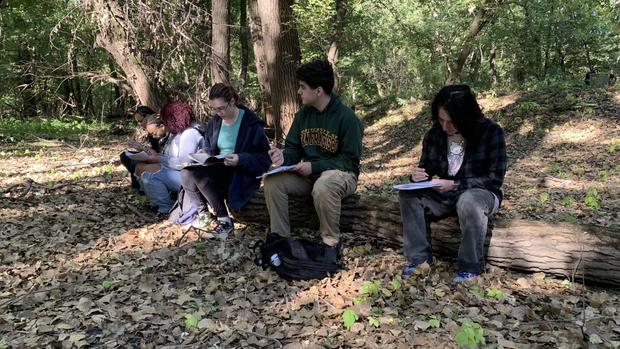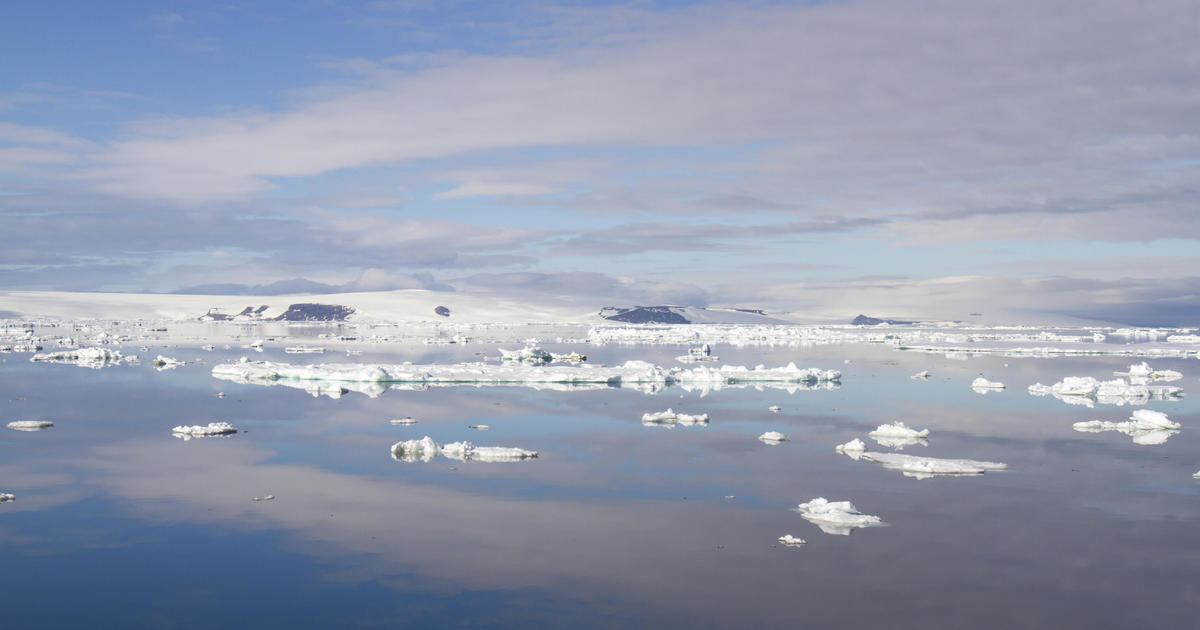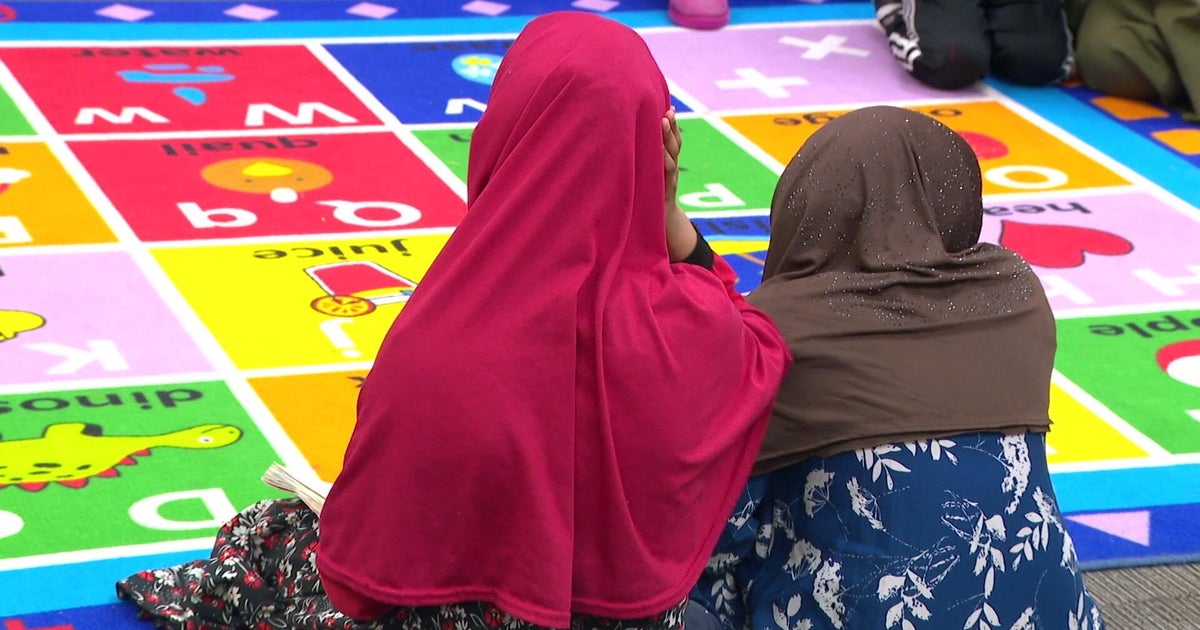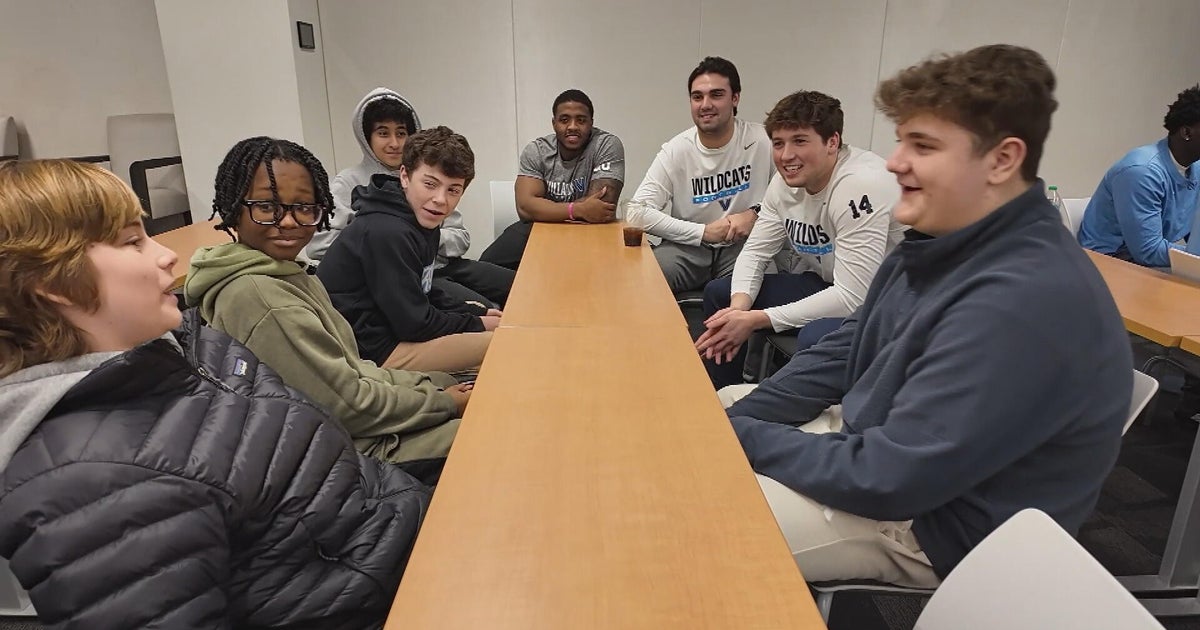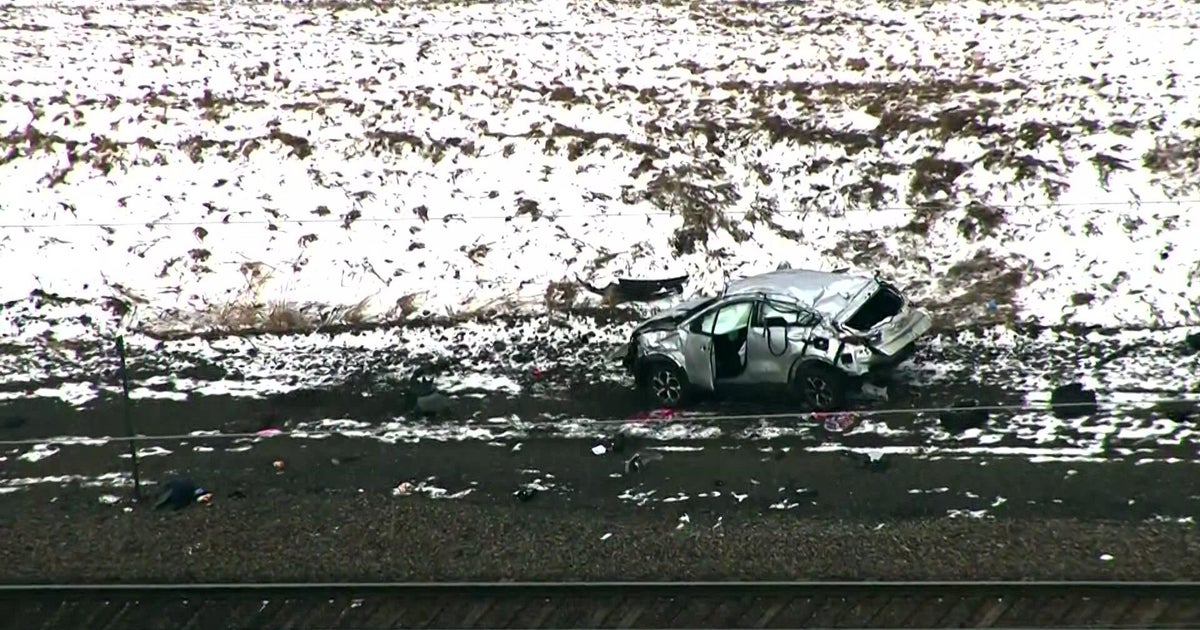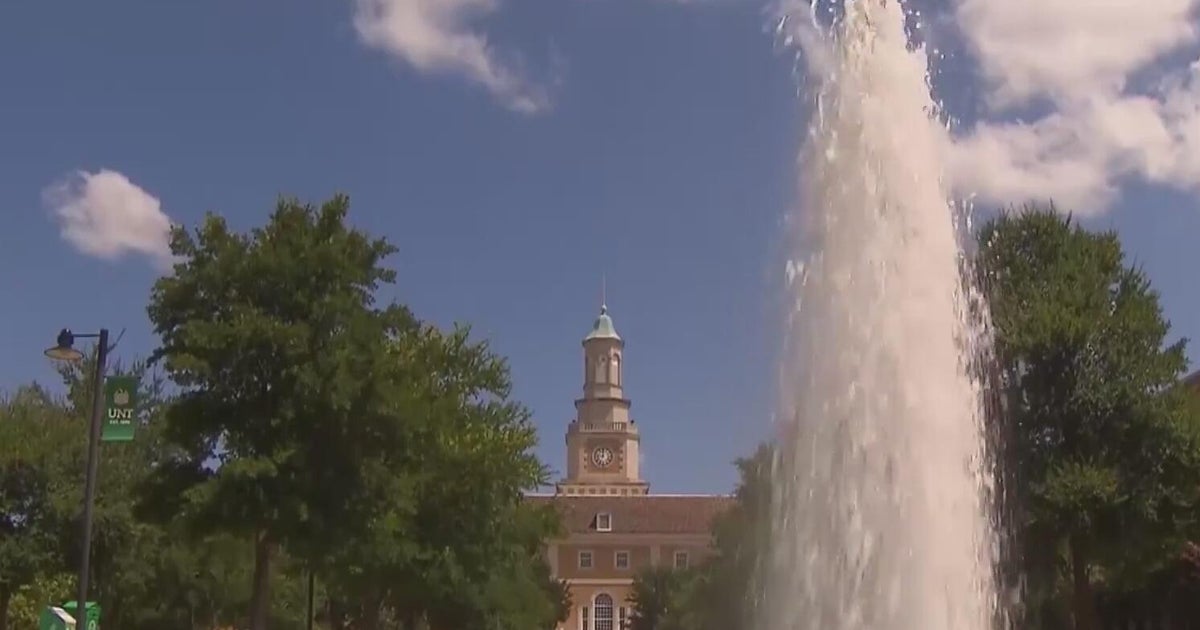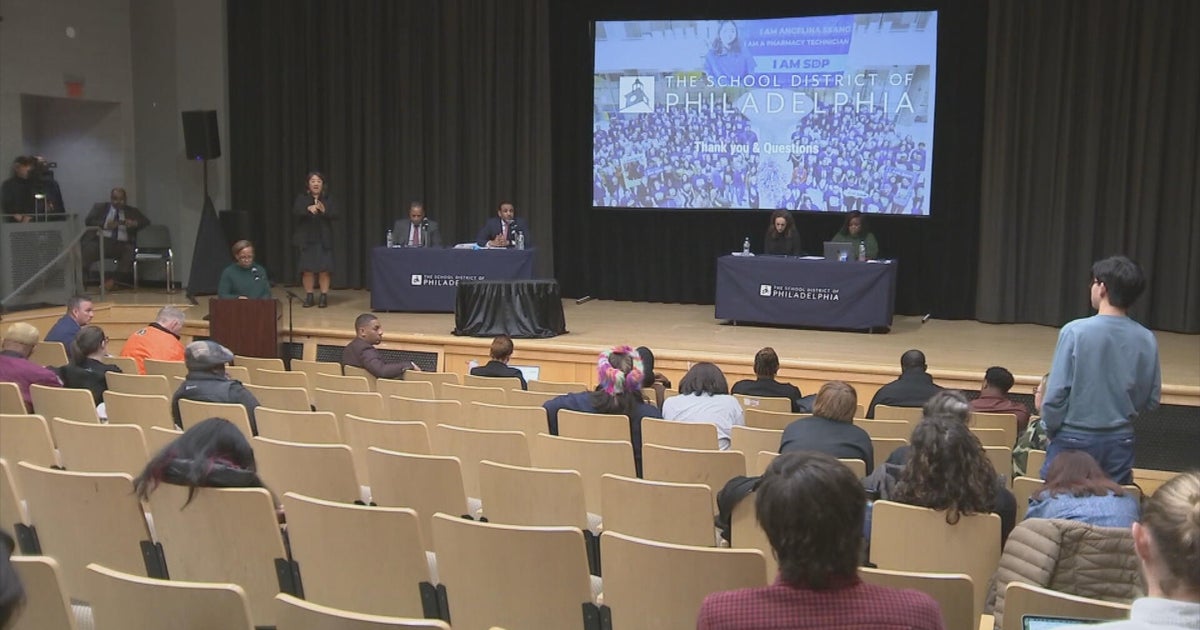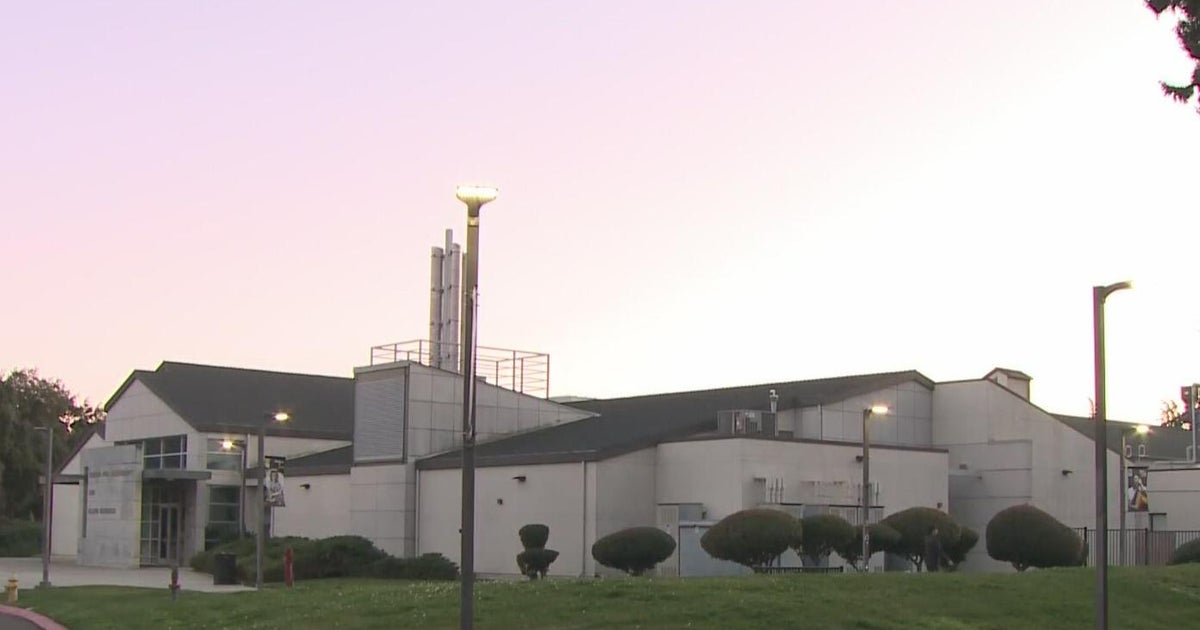Climate change now required learning for Minnesota high school students
MINNEAPOLIS — Climate scientists say this will be the hottest year on record, for a second year in a row. It will also exceed a worldwide pledge to keep global warming under 34.7 degrees Fahrenheit.
A recent poll found that 74% of Minnesotans want schools to teach about the causes of climate change, its consequences and potential solutions. Just this year, Minnesota started requiring high school students to learn about climate change.
Inside Megan Hall's AP Environmental Science Course at Open World Learning in St. Paul, students are getting a hands-on look at climate change.
"So we're going to be looking at ecosystems through data analysis today," said Hall to her class. "And we're going to work on introduction now that all this climate shift species stuff is fresh in your mind."
Students are writing reports after field trips to nearby Crosby Farm Regional Park, then Gooseberry Falls State Park.
"How many of you noticed disturbance in either of the forests that you visited," asks Hall.
"It was kind of nice to go out in nature. It was very quiet. We kind of just took some data from the forest, and now we're using it to write these lab reports," said Open World Learning student Grace Stender.
"We were talking about how, because of climate change, the biomes in Minnesota are slowly moving north," said Open World Learning student Charlie.
Climate change concepts may not be new to these students, but the fact their teachers must teach them is a change in state science standards.
"That essentially means that all students in Minnesota in four years, when they graduate high school, will have learned about the scientific details explaining how climate change works, what its impacts are," said Hall.
There's been scientific consensus for decades that human activity, like the burning of fossil fuels, causes global warming.
Those changes are apparent outside of the classroom.
In Minnesota alone, students are living through recent droughts, more intense severe weather and rapidly warming lakes.
Some teachers say they appreciate support from lawmakers, especially if parents push back against it.
"We can point to those standards now and say that this is something all Minnesota students are going to learn," said Chad Benesh, a chemistry and physical science teacher at Cook County High School. "The new standards are more than just about content. It's about helping students to act like scientists, to do the things scientists do."
He and other teachers say learning this material can set students up for careers in a green economy. But they also hope it will inspire this generation to come up with solutions for our rapidly warming world.
"When we understand the science, when we use the technologies at our disposal, and when we have the will to do so, we can change this. We don't have to keep going on this path. We can make it better," said Hall.
"I think it's not hopeless, I mean, I definitely think there's things we can do to try to combat these efforts," said Stender.

